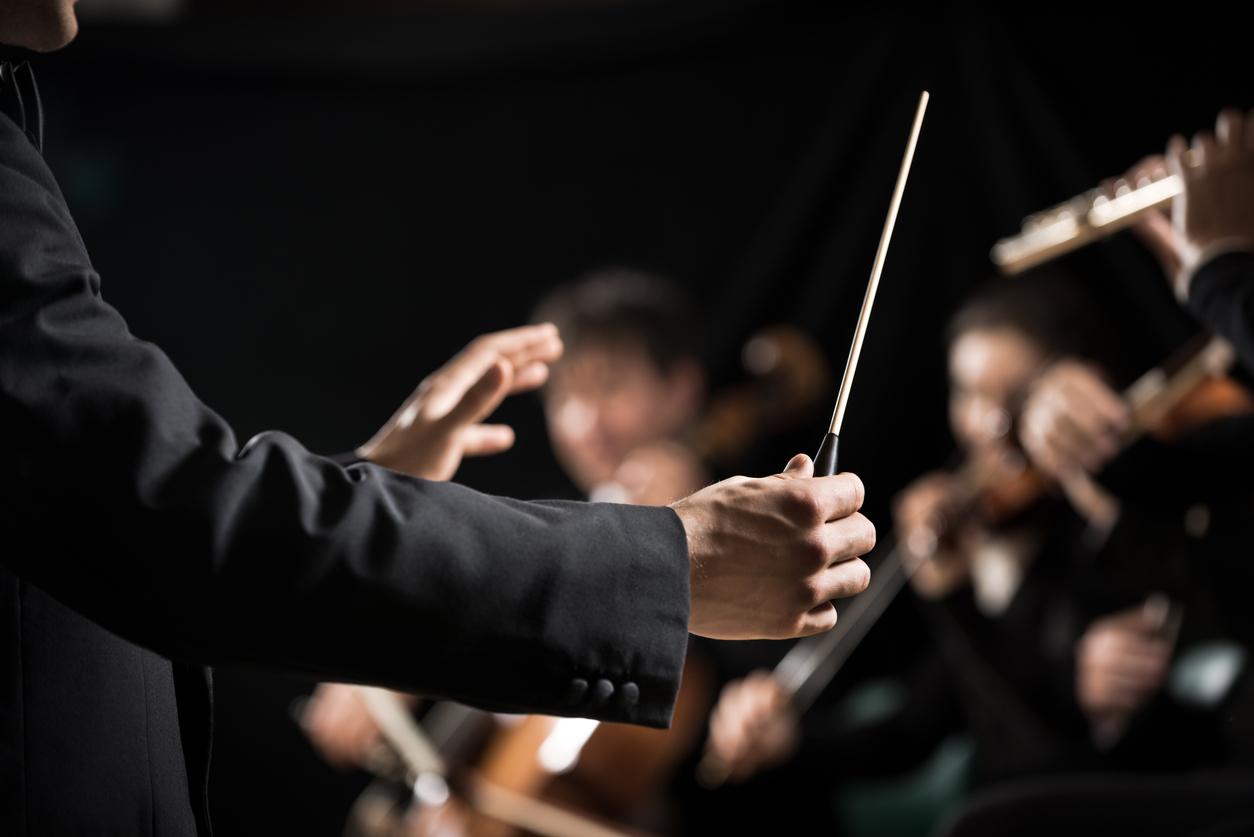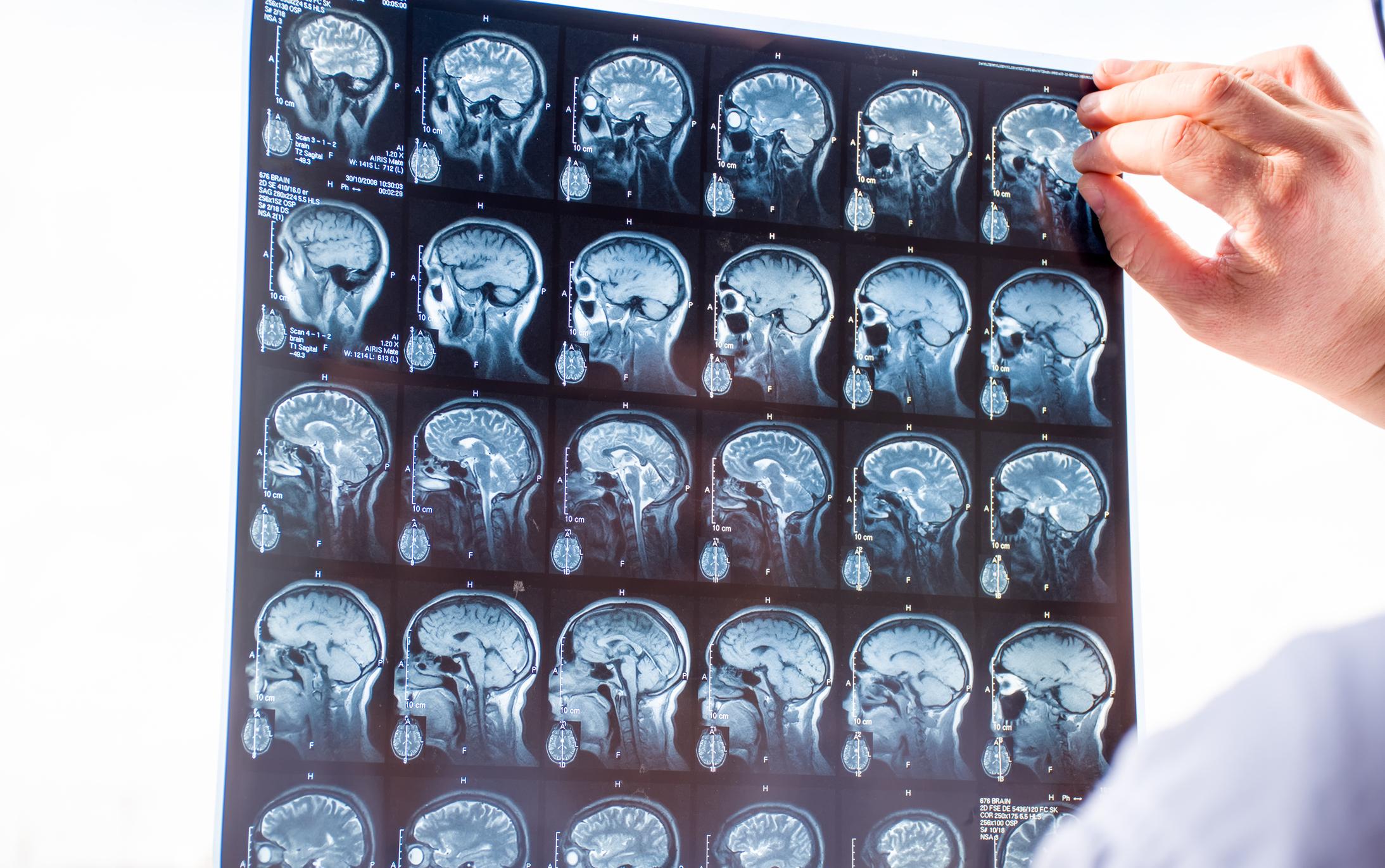A new study calls into question the effectiveness of the Mozart effect, that is to say, listening to the music of this composer to reduce the symptoms of epilepsy.

- The Mozart effect is called into question by a new study.
- According to the researchers, listening to this music would not improve the symptoms of patients with epilepsy.
- Epilepsy is a chronic neurological condition that affects 600,000 people in France.
It was in 1993, thanks to a study by Frances Rauscher, Gordon Shaw and Catherine Ky, that the Mozart effect is theorized. In it, they claim that listening to some of Wolfgang Amadeus Mozart’s compositions can enhance the spatio-temporal senses of epileptic patients.
A reduction in the symptoms of epilepsy with the music of Mozart
Since then, several researchers have been working on this subject. According to a study published in 2020 in the journal ScienceDirect, listening to certain works of Mozart leads to a significant reduction in epileptic seizures from 31% to 66% depending on the patient and the musical stimulus used, in other words the piece of music. Sonatas for two pianos K448 and Composer’s K545 would have a particularly positive effect.
Another study, published in 2021 in the journal Scientific Reports, supported these results. When patients with epilepsy listened to Mozart’s sonata K448 for 30 to 90 seconds, they had an average reduction of 66.5% in the number of peaks of electrical activity associated with epilepsy in the brain.
Epilepsy: Mozart’s music is not very effective in treating it
But a new study published in the journal Scientific Reports calls into question all these results. Indeed, the researchers believe that, contrary to what has been demonstrated so far, Mozart’s music would have no benefit for patients with epilepsy.
To achieve this result, the researchers studied all the available literature on this subject. The aim was to answer the following question: “In patients with epilepsy or other medically relevant conditions, does exposure to Mozart’s sonata KV448 improve their symptomatology compared to patients exposed to a other musical stimulus, to a non-musical stimulus, or to silence?” Thus, they observed that listening to music, let alone a particular type of sonata, did not seem to have any beneficial effect on epilepsy.
In 60-70% of cases, epilepsy can be controlled with medication
As a reminder, epilepsy is a chronic condition characterized by neurological signs and symptoms occurring during sudden and repeated seizures. There are three types: generalized epileptic seizures (fall, loss of consciousness, stiffening of the body followed by muscular twitches), partial (whose aspects are varied: motor, sensory, sensory seizures, etc.) and status epilepticus (partial or generalized which correspond to the rapid succession of crises, one occurring before there has been recovery from the previous one).
Its management requires the taking of many drugs which allow a rarefaction, even a disappearance, of the crises. But not in all patients. According the National Institute of Health and Medical Research (Inserm)the disease, which affects 600,000 French people, can be controlled (i.e. an absence of seizures) in 60 to 70% of cases with medication.















